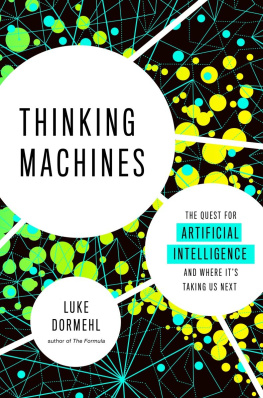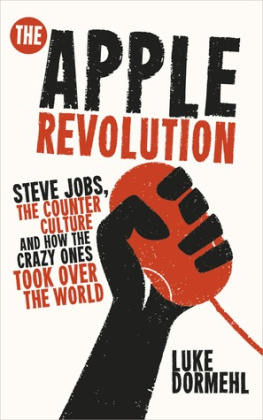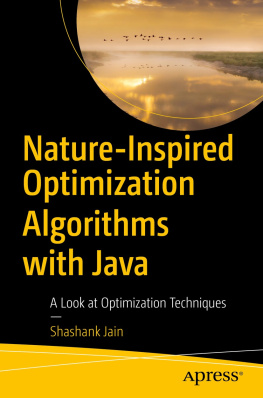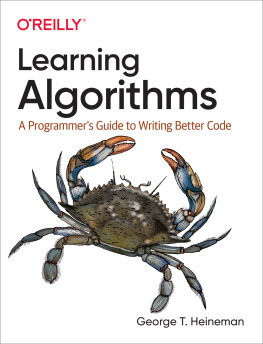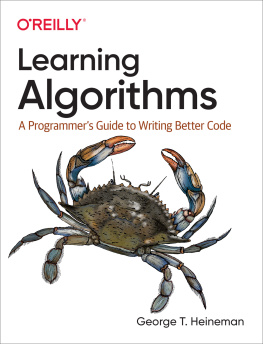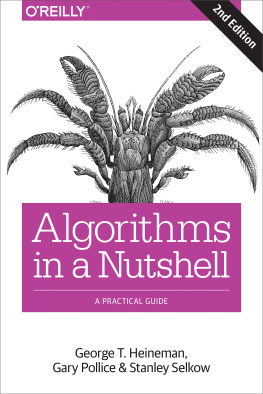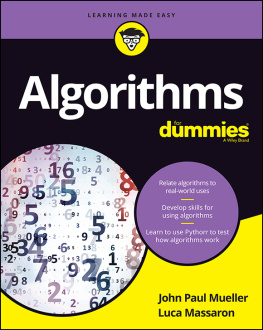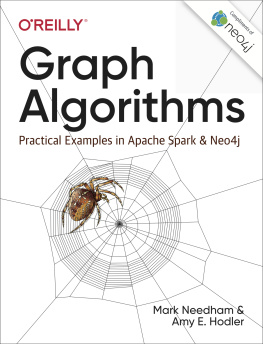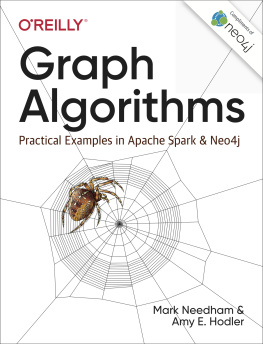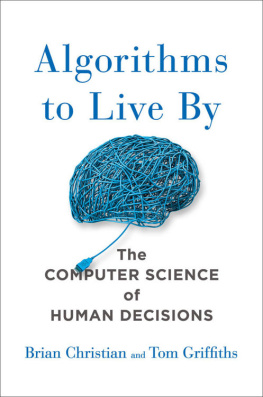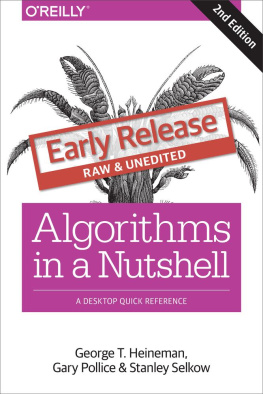Luke Dormehl - The Formula: How Algorithms Solve All Our Problems-And Create More
Here you can read online Luke Dormehl - The Formula: How Algorithms Solve All Our Problems-And Create More full text of the book (entire story) in english for free. Download pdf and epub, get meaning, cover and reviews about this ebook. year: 2014, publisher: Perigee, genre: Romance novel. Description of the work, (preface) as well as reviews are available. Best literature library LitArk.com created for fans of good reading and offers a wide selection of genres:
Romance novel
Science fiction
Adventure
Detective
Science
History
Home and family
Prose
Art
Politics
Computer
Non-fiction
Religion
Business
Children
Humor
Choose a favorite category and find really read worthwhile books. Enjoy immersion in the world of imagination, feel the emotions of the characters or learn something new for yourself, make an fascinating discovery.

- Book:The Formula: How Algorithms Solve All Our Problems-And Create More
- Author:
- Publisher:Perigee
- Genre:
- Year:2014
- Rating:5 / 5
- Favourites:Add to favourites
- Your mark:
The Formula: How Algorithms Solve All Our Problems-And Create More: summary, description and annotation
We offer to read an annotation, description, summary or preface (depends on what the author of the book "The Formula: How Algorithms Solve All Our Problems-And Create More" wrote himself). If you haven't found the necessary information about the book — write in the comments, we will try to find it.
Algorithms exert an extraordinary level of influence on our everyday lives - from dating websites and financial trading floors, through to online retailing and internet searches - Googles search algorithm is now a more closely guarded commercial secret than the recipe for Coca-Cola. Algorithms follow a series of instructions to solve a problem and will include a strategy to produce the best outcome possible from the options and permutations available. Used by scientists for many years and applied in a very specialized way they are now increasingly employed to process the vast amounts of data being generated, in investment banks, in the movie industry where they are used to predict success or failure at the box office and by social scientists and policy makers.
What if everything in life could be reduced to a simple formula? What if numbers were able to tell us which partners we were best matched with not just in terms of attractiveness, but for a long-term committed marriage? Or if they could say which films would be the biggest hits at the box office, and what changes could be made to those films to make them even more successful? Or even who is likely to commit certain crimes, and when? This may sound like the world of science fiction, but in fact it is just the tip of the iceberg in a world that is increasingly ruled by complex algorithms and neural networks.
In The Formula, Luke Dormehl takes readers inside the world of numbers, asking how we came to believe in the all-conquering power of algorithms introducing the mathematicians, artificial intelligence experts and Silicon Valley entrepreneurs who are shaping this brave new world, and ultimately asking how we survive in an era where numbers can sometimes seem to create as many problems as they solve.
Luke Dormehl: author's other books
Who wrote The Formula: How Algorithms Solve All Our Problems-And Create More? Find out the surname, the name of the author of the book and a list of all author's works by series.

